Australia is a country that is home to hundreds of different species of insect. They can invade our homes and our gardens and it can be a constant fight to keep them at bay. Pest control and pesticides are one effective way of controlling insects both inside and outside the home, along with devices like mozzie zappers and so on. However, there is a more natural method and that’s by growing plants that emit chemicals and deter insect infestations. In this post we’ll be taking a look at some of these plants and where you can locate them for best results in controlling insects.
Grow Some Garlic
If you decide to grow some garlic indoors, chances are you won’t get a good garlic clove as compared to having a garlic plant out in the sun and fresh air. As an insect repellent though, garlic can be effective both inside and outside. It’s known to repel both soilborne and airborne pests like spiders, beetles, fruit flies and grubs.
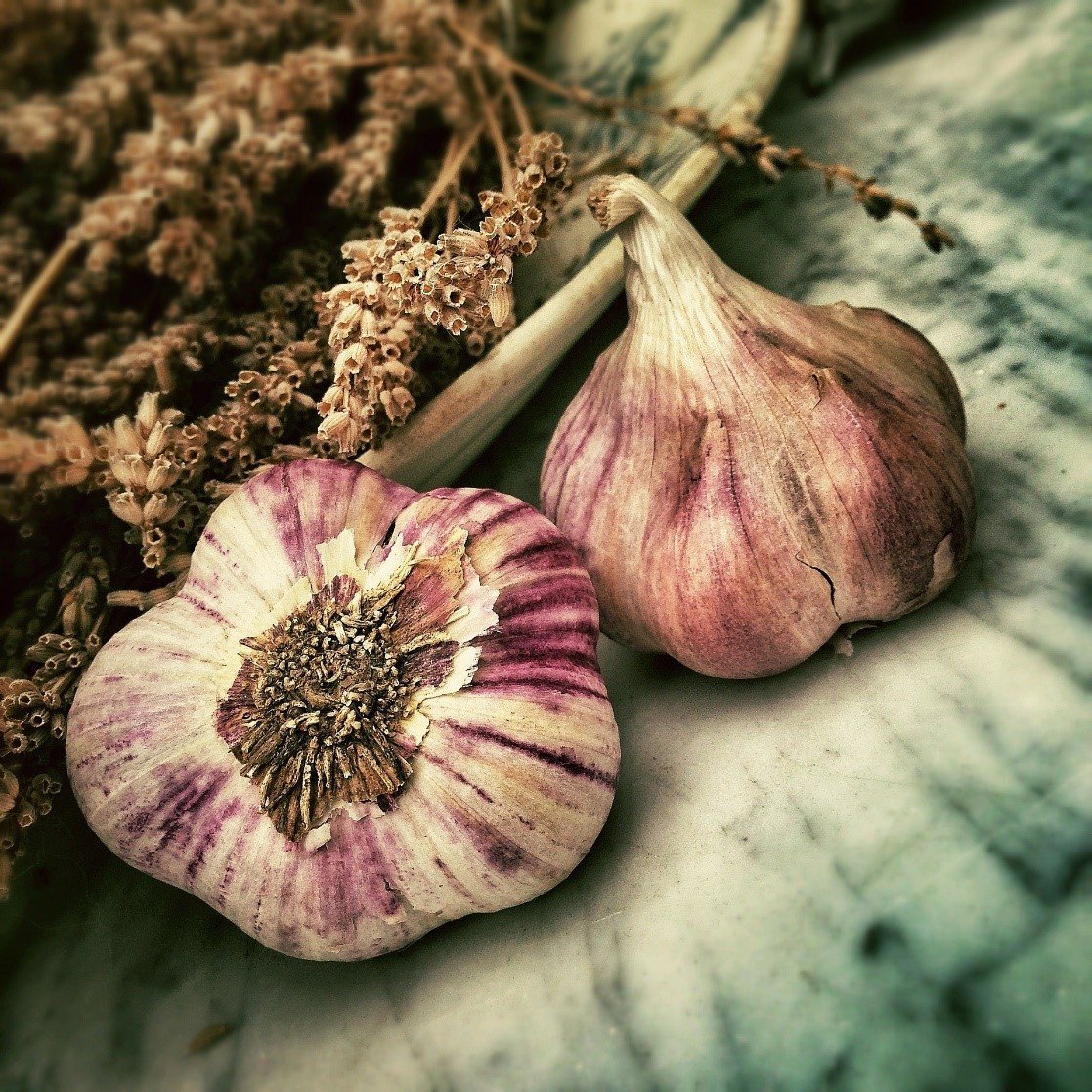
Rosemary Masks the Smell of Other Plants
Not only is rosemary a fantastic herb for cooking, if you grow rosemary around your vegetable garden, the scent of rosemary overrides the aroma of other plants, which confuses and deters insects such as the carrot fly, whitefly, moths and even silverfish. Definitely consider bordering your vegetable patch with rosemary to act as a natural insect repellent.
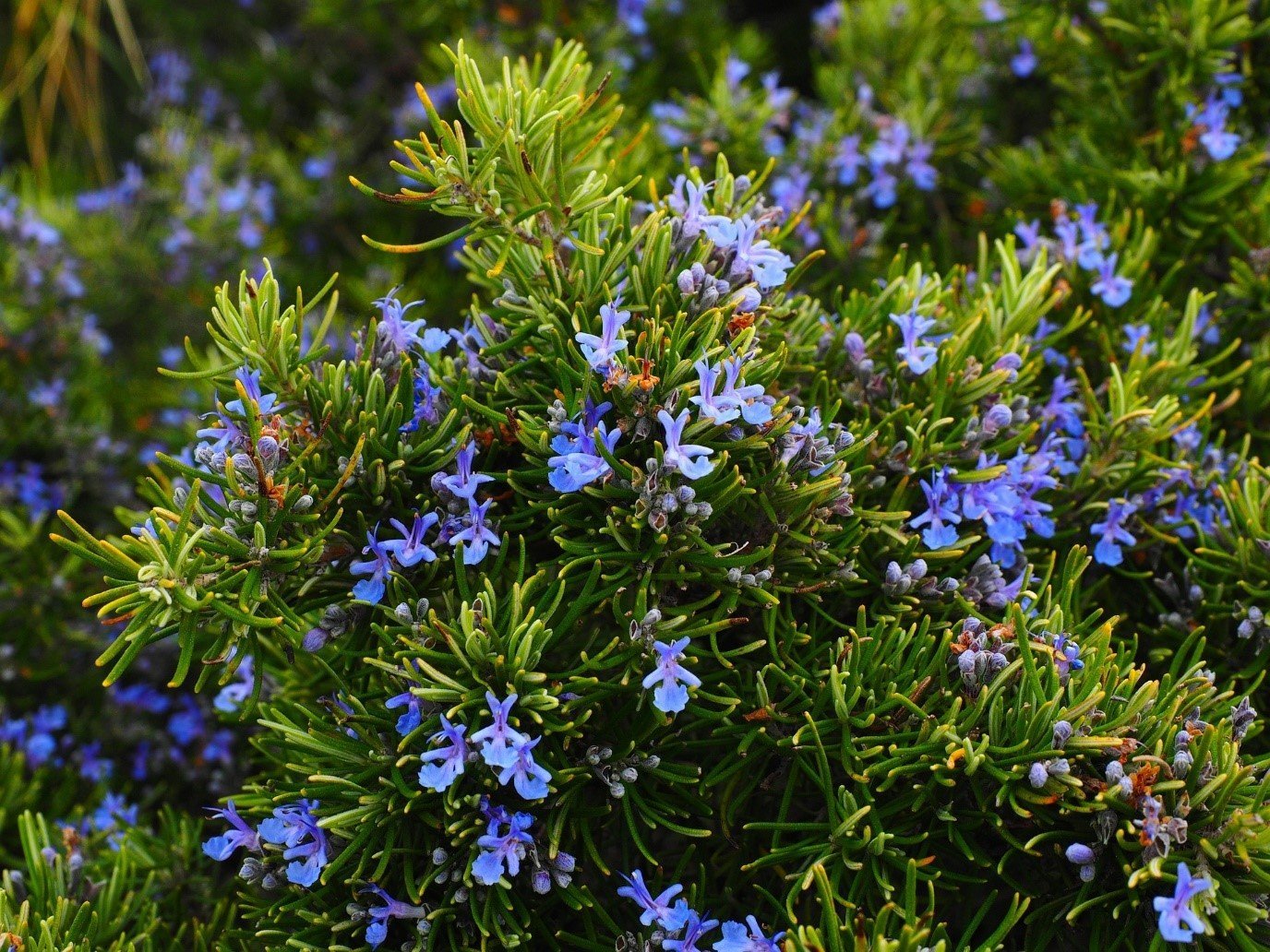
Marigolds
The real advantage of planting marigolds at various locations around your garden and yard is the scent from this variety of flower once again confuses the senses of flying insects, making it very hard for them to home in on their natural food source. Marigolds are an effective insect repellent when planted among tomato plants, beans and carrots, as marigolds will deter beetles, spider mites, carrot fly and more.
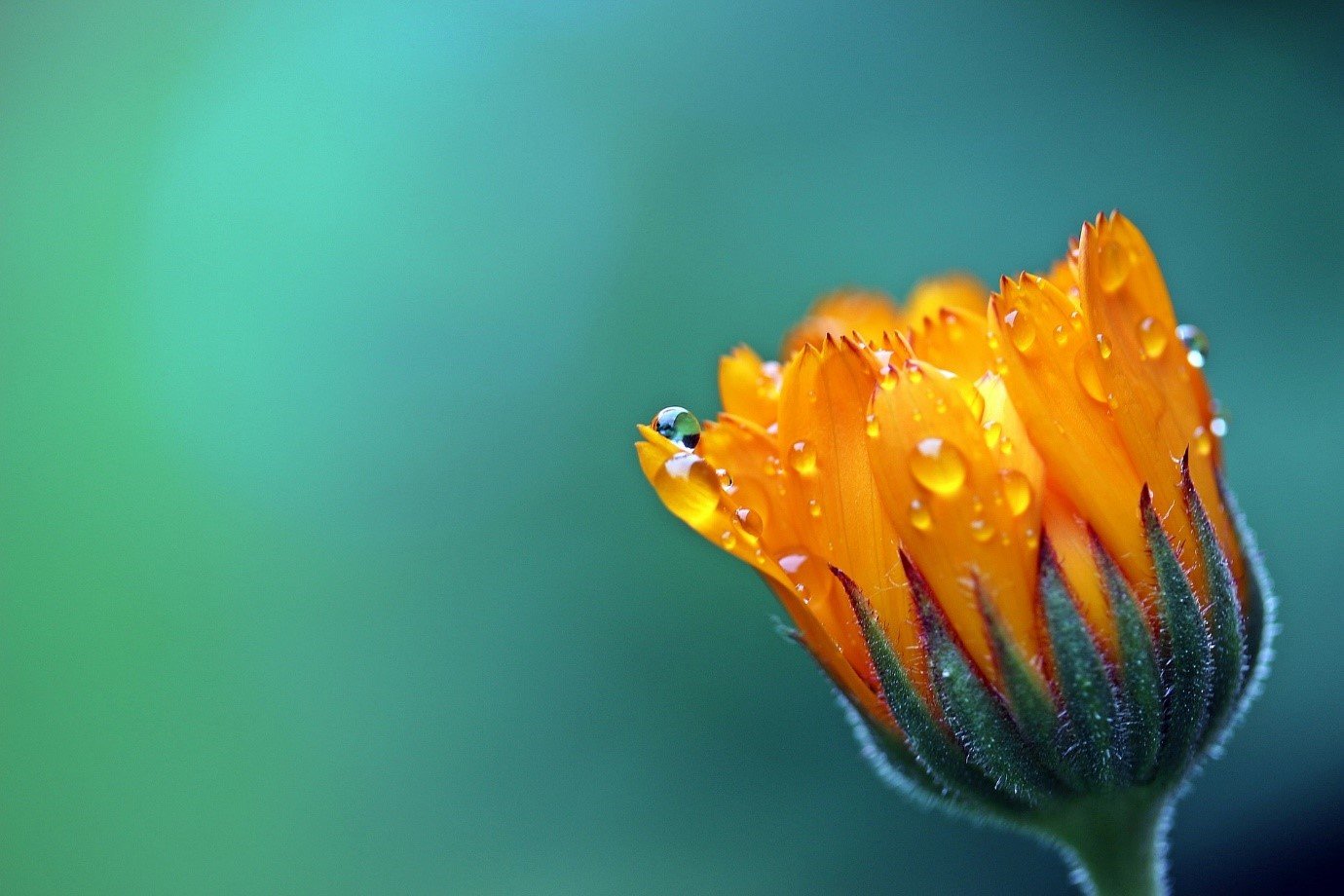
Sage In the Garden and Home
Out in the garden growing sage is an excellent way to repel common garden pests such as preventing onion worms from spoiling your freshly-grown onions. You can also burn sage outside as a natural way to keep mosquitoes at bay while enjoy some time outdoors in the evenings. Indoors sprigs of sage can be placed on shelves in the pantry to repel ants. Even mice and rats don’t like the smell of sage due to the chemicals it emits. It’s actually one of the most versatile natural insect repellents there is.
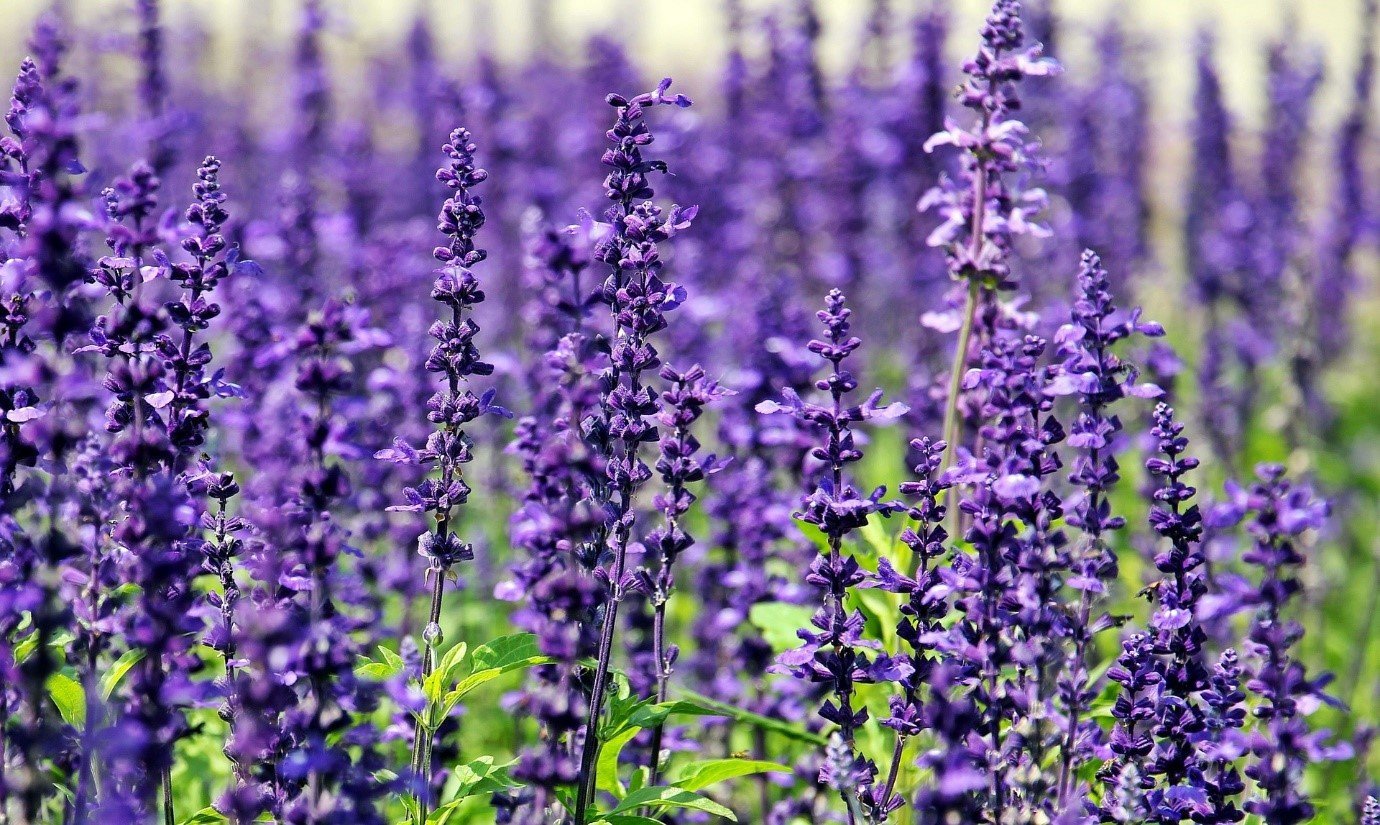
Does lavender Work As A Barrier Against Insects?
Many people have used lavender oil on their skin as a natural way to repel mosquitoes when outdoors at night. Even burning the oil in a diffuser is an effective way of repelling these annoying, biting insects. As far as the lavender plant goes, if you put lavender in your garden the scent will repel fruit flies and whitefly, onion maggots, moths and even borer grubs. As with rosemary, if you border your fruit or vegetable patch with lavender, it forms a natural defence around the garden. It can also be grown in the kitchen to keep mosquitoes and fruit flies away.

What About Oregano?
If you are growing things like onions, cabbage and pumpkins out in the garden or even on the patio, then oregano is know to be effective against insects that attack these plants. The good thing about growing some oregano nearby is it emits a chemical scent that confuses flying insects and butterflies, as well as repelling onion maggots.
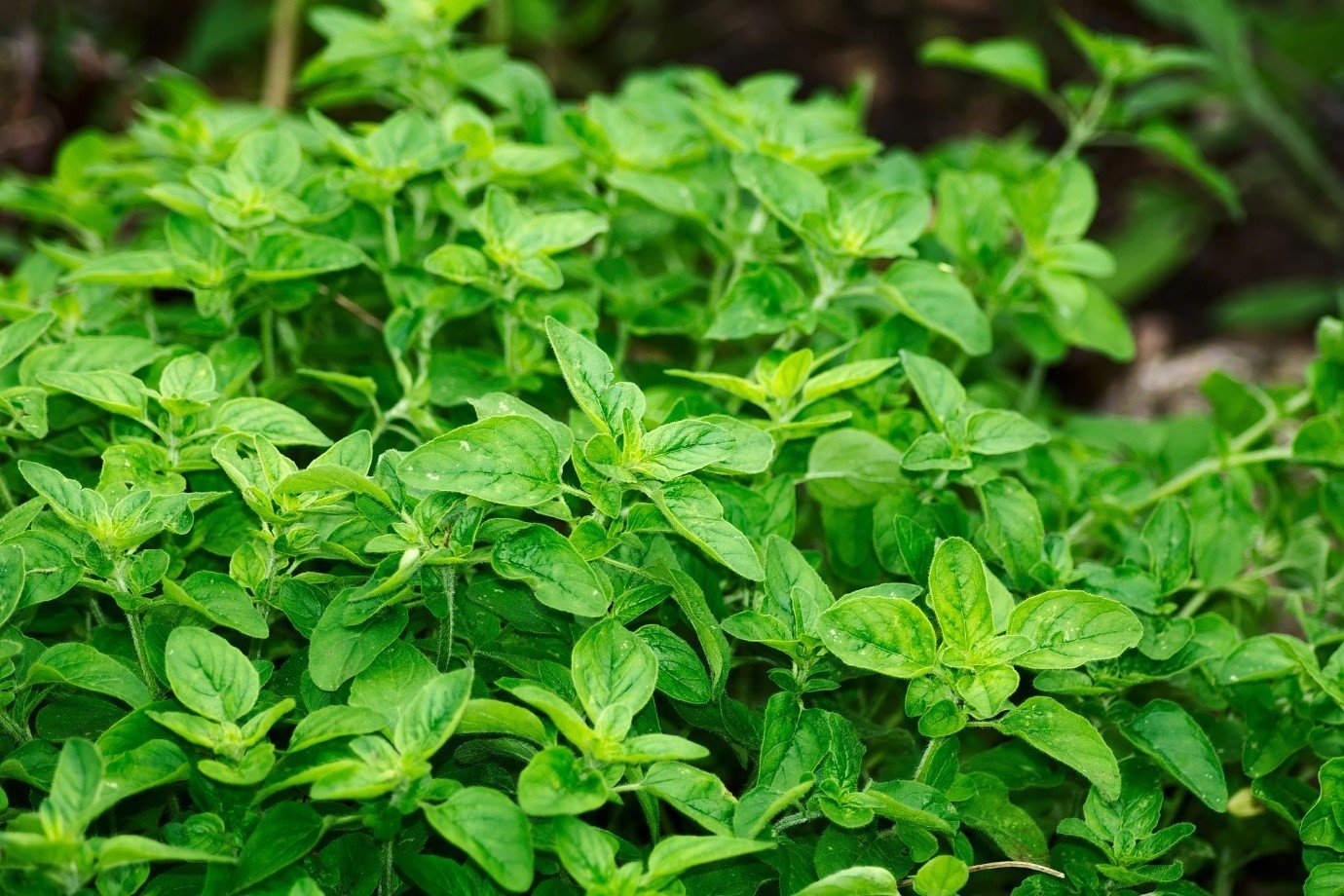
Mint
Like lavender, mint is another extremely versatile plant when used to repel insects. Peppermint oil in the home has been used to get rid of everything from spiders to silverfish, and growing mint outdoors on the patio, balcony or in the garden has proven quite effective in ridding the area of mosquitoes. The rather intense aroma of mint is a property of the plant that many insects and grubs are averse to and prefer to keep away from. It’s also flavoursome when added to your cooking.
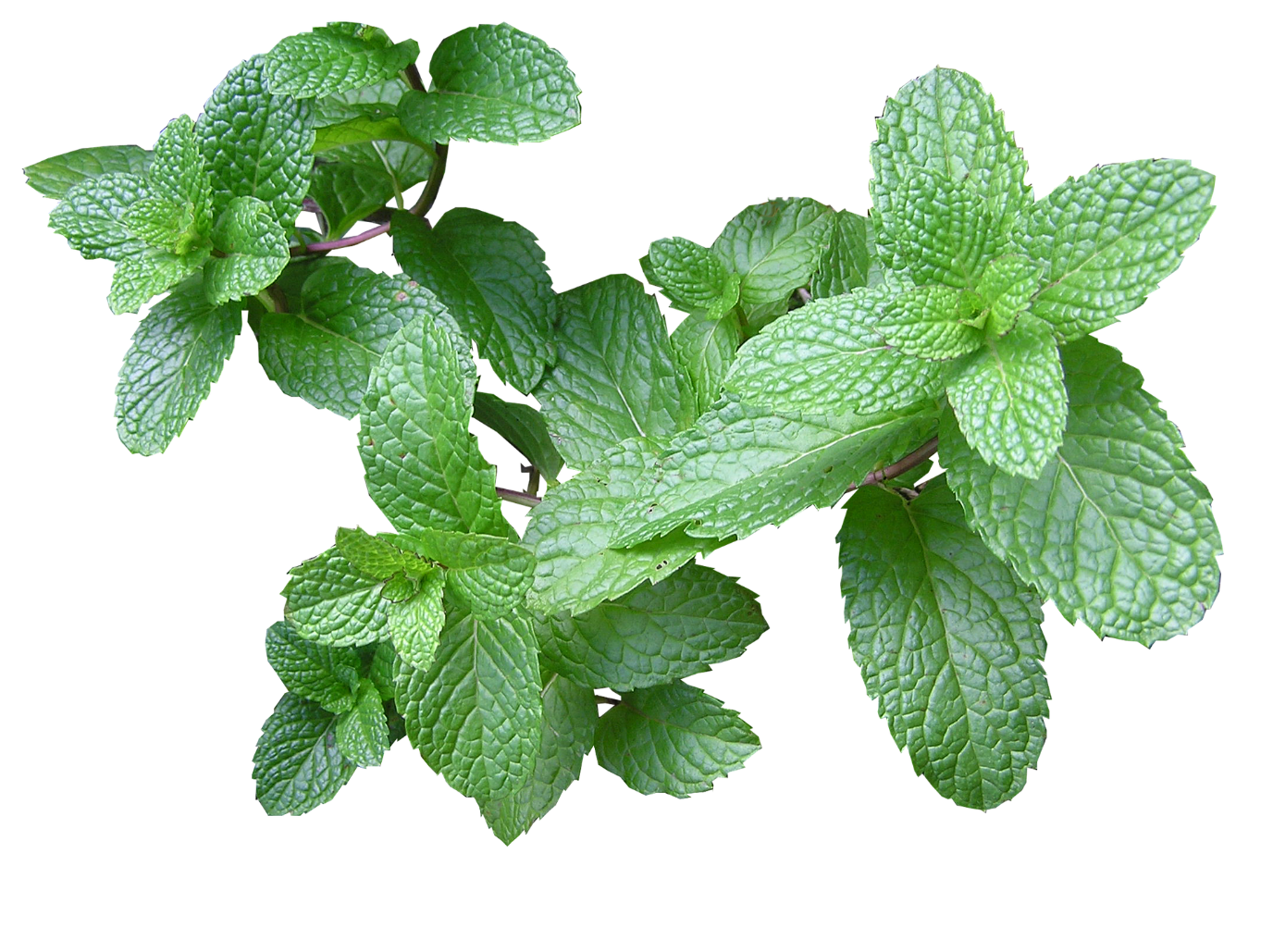
Grow a Eucalyptus Tree In the Yard
The eucalyptus tree is native to Australia and it’s the oil contained in eucalyptus leaves that is fantastic at repelling certain insects. However, you don’t necessarily have to extract the oil to use it as an insect repellent. Just having some eucalyptus trees present in your backyard can help repel ticks, mosquitoes, sand flies and other flying insects. If you’re growing fruit trees in the yard, then a eucalyptus tree among them will also help protect the fruit from unwanted pests.
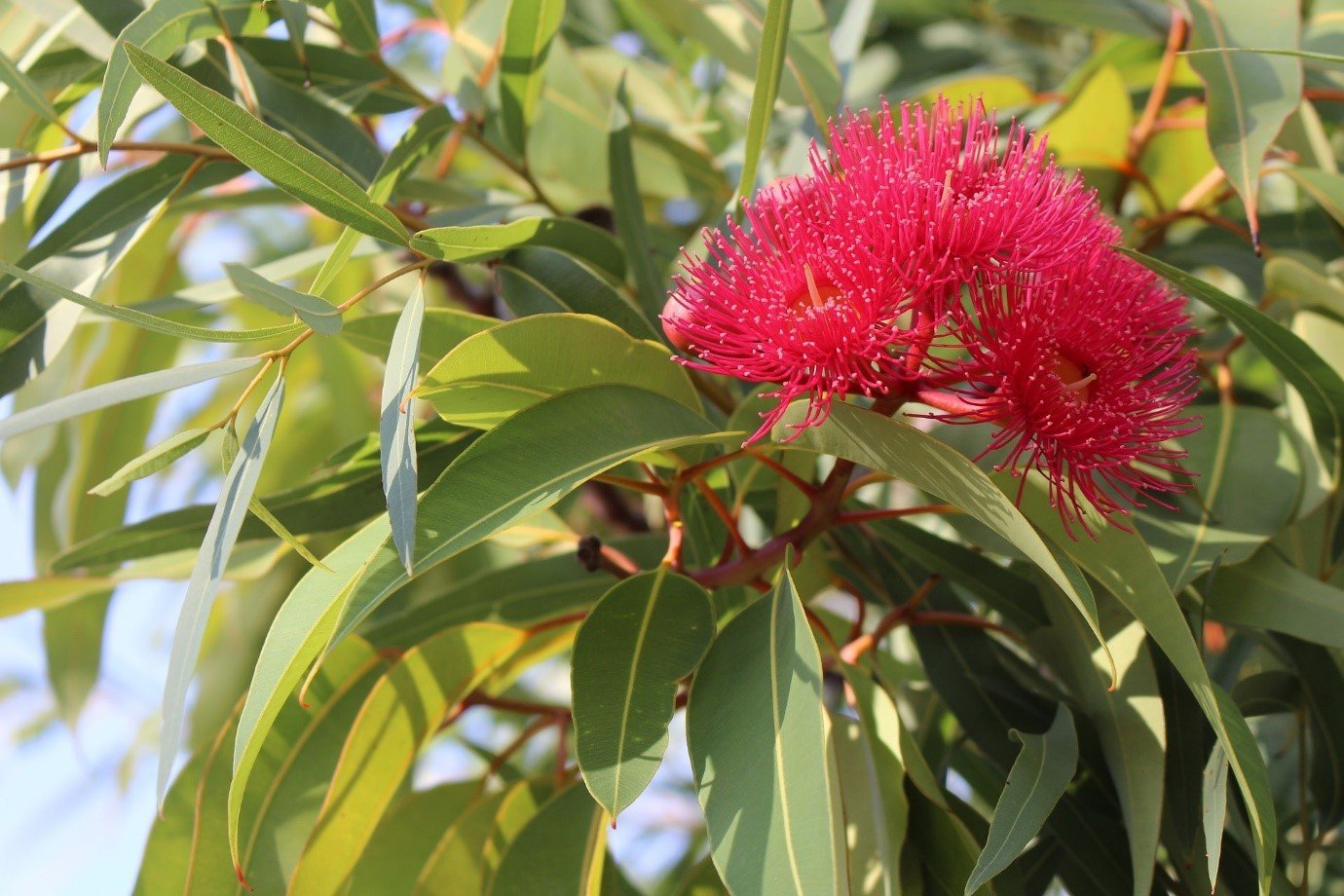
Add Some Basil To Your Garden
Basil is a fantastic herb to add to your dishes, so it only makes sense to grow some in your garden anyway. This is especially true if you have a vegetable patch and want to keep pests out of it. If you’re growing things like tomatoes, beans and cabbage, then basil is the herb of choice to have growing alongside these vegetables. Another way you can use basil is to grow it in pots and place them near entrances to your home, as basil is known to repel flies.
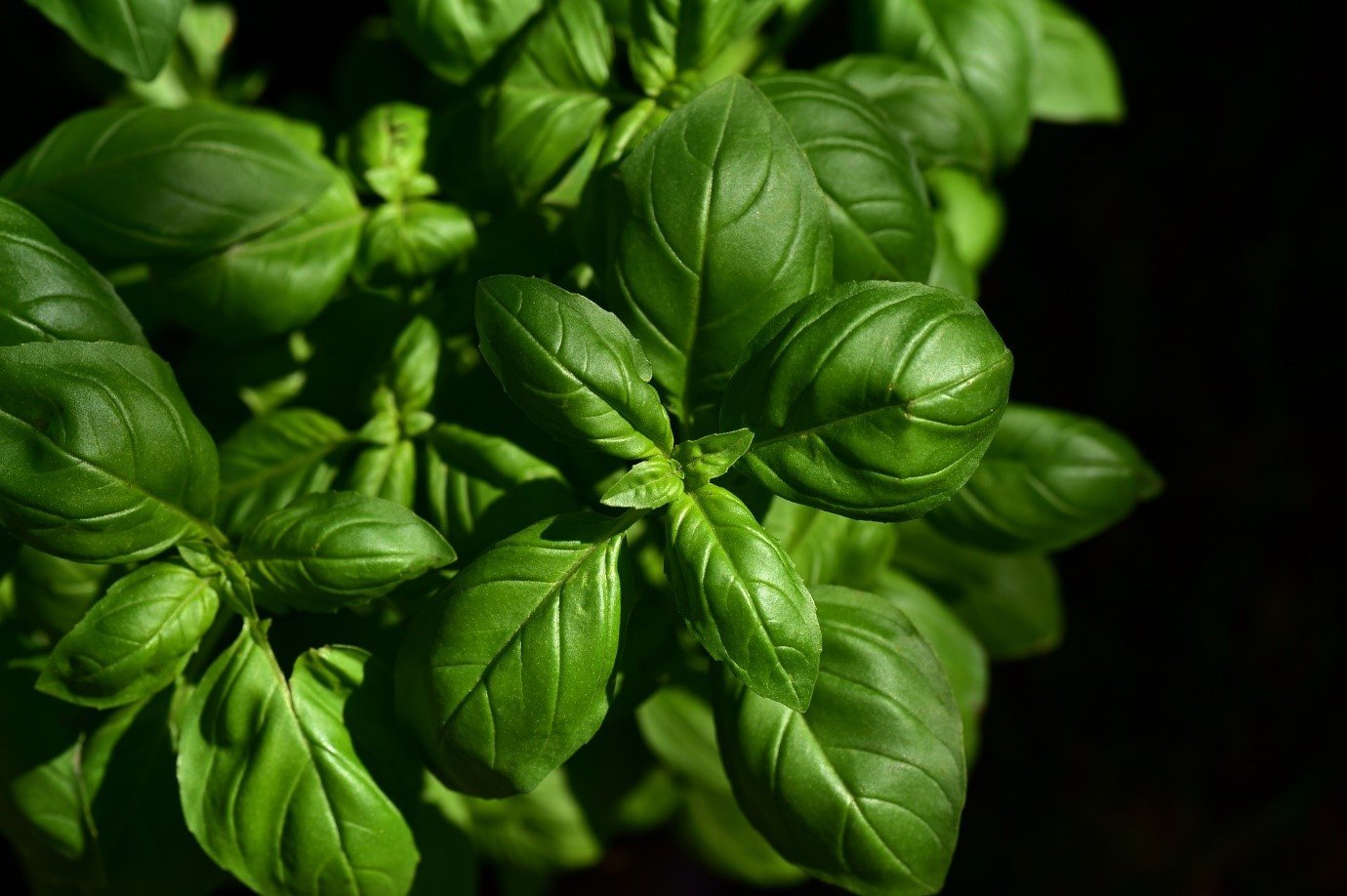
Lemon Grass
Lemon grass contains the chemical called citronella, and we’re all familiar with citronella being used to repel insects, mosquitoes especially. It’s not necessary to extract citronella from lemon grass to repel mosquitoes though. The plant is very easy to grow and can also be used in your cooking, so having it about the yard is very handy on a number of levels. Grow lemon grass along walkways, on your patio or even in your kitchen to keep those mosquitoes away.
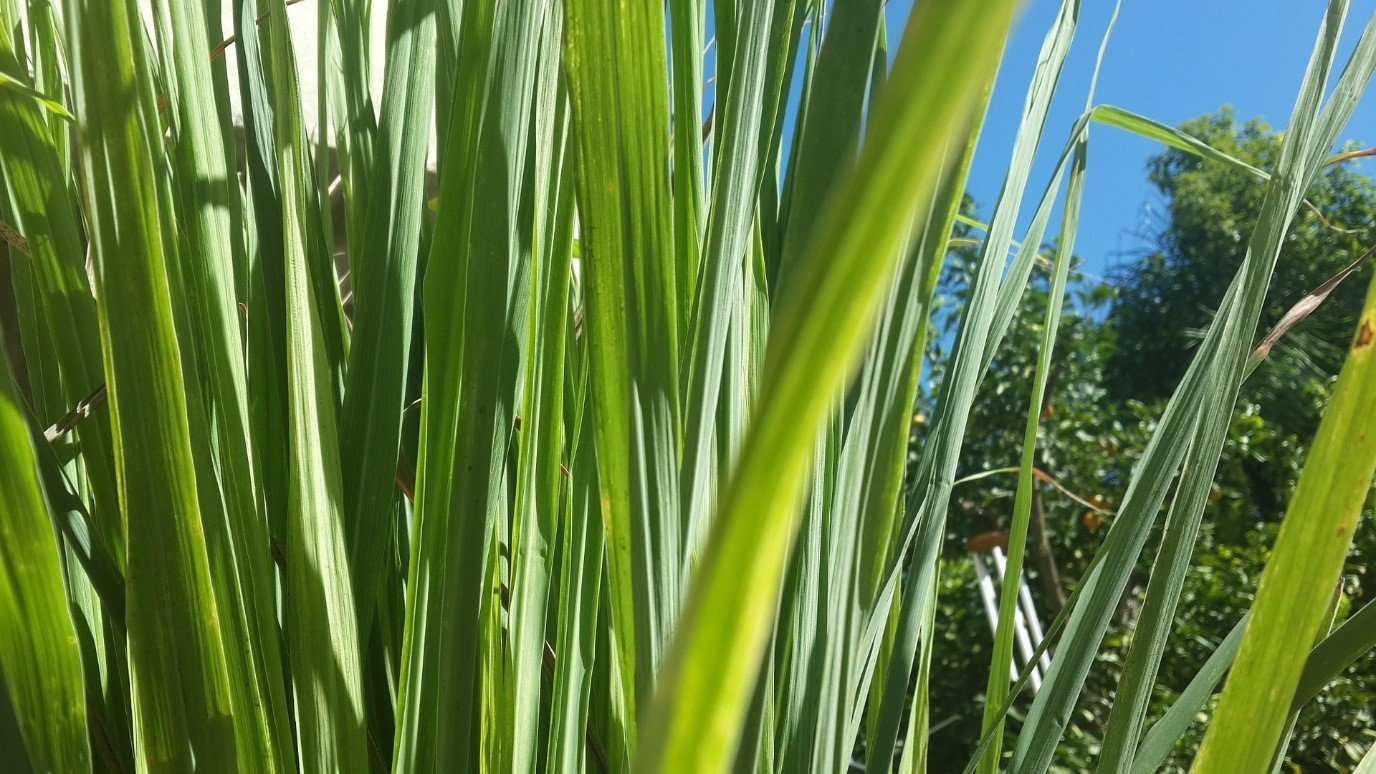
Chrysanthemums
This category of common flower is a very effective insect repellent. Growing Chrysanthemums in your garden can help deter many insects, such as:
- Ants
- Cockroaches
- Ticks
- Silverfish
- Spider mites
- Beetles
- Lice
- And more…
Grow some Chrysanthemums in the kitchen to keep those ants and cockroaches away from your food and preparation areas. Even regularly placing some of the cut flowers inside the pantry is a good way to repel insects.

The Takeaway
As you can see there are many natural plants and flowers that act as nature’s insect repellent. Most of these plant solutions work well when growing among fruit and vegetable plants, but they can also be grown inside as well, or on the patio or balcony to keep invasive insects at bay. займ с плохой кимоментальный займ на карту без проверокзайм на карту сбербанка мгновенно



